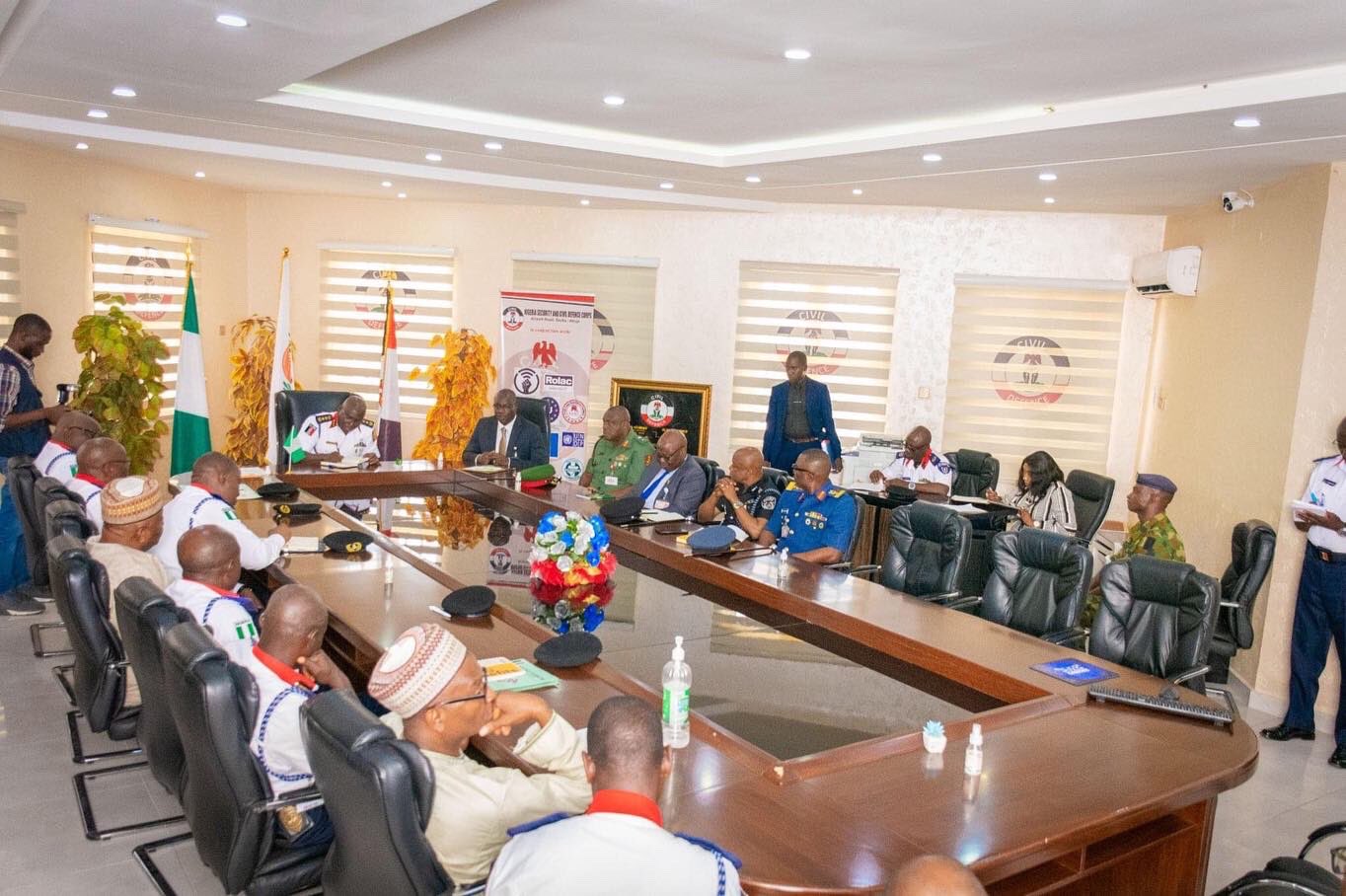Business
‘Proper Structural Framework, Key To Business Longevity’

Nigerian beauty entrepreneur and founder of House of Tara International, Mrs Tara Durotoye, has said that having a proper structural framework is a fundamental recipe for business success.
The beauty entrepreneur said this during her keynote speech at a seminar recently at the Citadel Church in Lagos, tagged ‘Effulgence: Scaling your business, master class, and exhibition’.
She said Nigerians who relocate out of the country would always be second-class citizens wherever they found themselves, and therefore must look within to unleash their innate potential.
Speaking at the seminar with the participants on the benefits of structure in a business, Durotoye said, “Scaling your business needs structure. As you are growing and getting more customers and generating more customers, generating more money for sales, you have to think about structure, and that will give your business longevity.
“We need structure in our businesses because it is a call to national service. I understand that many people are not patriotic and don’t care about Nigeria.
“But I am hoping that there are remnants who still believe. So I am speaking to these people and hoping those who are not patriotic will hear, and a seed will be sown that will germinate tomorrow.”
She added that, “because no matter where you go to, you will always be a second-class citizen. That’s the truth; you can fly to London, and live in London but do not forget that the chances that your whole family will move are very unlikely. You will still have roots here, so when you are building structure for your business, think long-term.’’
Business
Agency Gives Insight Into Its Inspection, Monitoring Operations

Business
BVN Enrolments Rise 6% To 67.8m In 2025 — NIBSS

The Nigeria Inter-Bank Settlement System (NIBSS) has said that Bank Verification Number (BVN) enrolments rose by 6.8 per cent year-on-year to 67.8 million as at December 2025, up from 63.5 million recorded in the corresponding period of 2024.
In a statement published on its website, NIBSS attributed the growth to stronger policy enforcement by the Central Bank of Nigeria (CBN) and the expansion of diaspora enrolment initiatives.
NIBSS noted that the expansion reinforces the BVN system’s central role in Nigeria’s financial inclusion drive and digital identity framework.
Another major driver, the statement said, was the rollout of the Non-Resident Bank Verification Number (NRBVN) initiative, which allows Nigerians in the diaspora to obtain a BVN remotely without physical presence in the country.
A five-year analysis by NIBSS showed consistent growth in BVN enrolments, rising from 51.9 million in 2021 to 56.0 million in 2022, 60.1 million in 2023, 63.5 million in 2024 and 67.8 million by December 2025. The steady increase reflects stronger compliance with biometric identity requirements and improved coverage of the national banking identity system.
However, NIBSS noted that BVN enrolments still lag the total number of active bank accounts, which exceeded 320 million as of March 2025.
The gap, it explained, is largely due to multiple bank accounts linked to single BVNs, as well as customers yet to complete enrolment, despite the progress recorded.
Business
AFAN Unveils Plans To Boost Food Production In 2026
-

 News4 days ago
News4 days agoOji Clears Air On Appointment Of 15 Special Advisers By Fubara
-

 News4 days ago
News4 days agoNigeria Has Woken Up From Slumber Under Tinubu – Shettima
-

 Featured4 days ago
Featured4 days agoRivers: Impeachment Moves Against Fubara, Deputy Hits Rock …As CJ Declines Setting Up Panel
-
City Crime4 days ago
Health Commissioner Extols Fubara’s Commitment To Community Healthcare Delivery
-
News4 days ago
Nigeria To Begin Exporting Urea In 2028 -NMDPRA
-
Niger Delta4 days ago
Tinubu, Leading Nigeria To Sustainable Future – Okowa … Lauds Oborevwori Over Uromi Junction Flyover Construction
-

 News4 days ago
News4 days agoKing Jaja Impacted Beyond Rivers -Deputy Gov
-

 News4 days ago
News4 days agoRivers Unveils Innovation Hub To Empower Youths, Curb Unemployment

